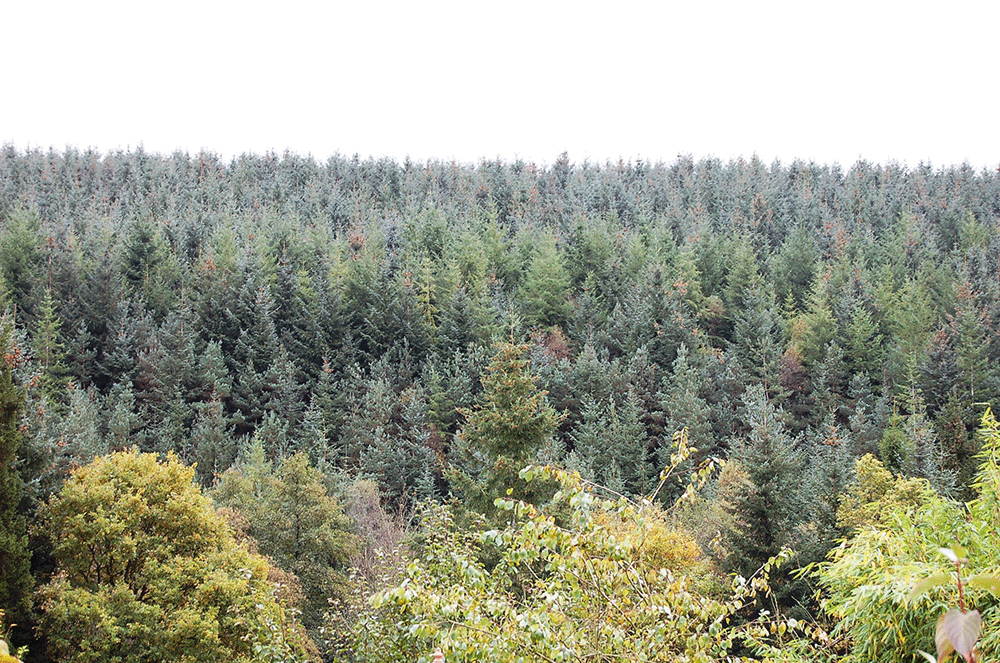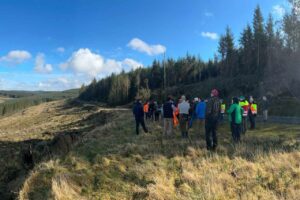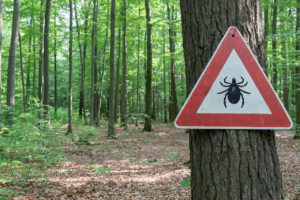Professional Member Tim Hall MICFor, Head of Operations Scotland at The Woodland Trust, gives his views on how a Forester is ‘Connected to Nature’.
World Environment Day, this year on 5 June, is a United Nations initiative to raise global awareness and encourage people and governments to protect nature. The theme for 2017 is ‘Connecting People to Nature’.
It’s a Natural World for a Forester
Foresters have always understood that they operate within the natural world. An ecosystem is defined as a biological community of interacting organisms and their physical environment. All forests, whether a relatively simple plantation or a highly diverse semi-natural woodland, are complex ecosystems in their own right and part of the wider environment and landscape. A tree planted in an environment to which it isn’t suited will simply not prosper or produce the benefits we want it to. Foresters have always recognised this and have to understand the natural environment when taking management decisions and the opportunities and challenges it presents.

The Importance of Sustainability
These days there is an expectation by most people that economic production needs to be carried out as sustainably as possible. True sustainability requires, amongst other things, little or no damage to the natural environment or depletion of finite natural resources and, thus, allows production to continue into the future. Sustainability and recognition of its importance came to the fore in the late 20th century, championed by many with an interest in protecting our environment. I always like informing people that it was foresters who invented the term ‘sustainable’. The concept of a ‘sustained yield’, i.e. the management of a forest to produce an ongoing and regular yield of timber, is a concept that has been taken for granted by foresters since the earliest days of forest management and recorded since before the 11th century.
The True Value of Sustainability!
All 21st century foresters understand that the modern concept of sustainability goes beyond producing a sustained yield of timber. Multi-purpose forestry producing social, environmental and economic benefits is entirely the norm in our country and is promoted by statutory regulations and voluntary standards. The true value of our forests and the ecosystem services they provide is better understood than ever before. Stating the importance of ‘connecting people to nature’ is not something that is likely to elicit much challenge from well informed health professionals or policy makers, and the return on investment for public money in terms of health and quality of life benefits is difficult to dispute. Foresters within both the urban and rural environment can, and do, more than most to deliver those benefits.
Are Partnerships the Answer to the Future?
However, we should not be complacent. Planners and decision makers still tend to go for the hard engineering and apparent quick fixes to manage water flow. Politicians talk about investing in the National Health Service (NHS), but seem unwilling to invest in greenspace that will lighten the financial burden on our health system. Street trees are still seen by some councils as a liability instead of a valuable asset. Irreplaceable ancient woodland is still being lost.
So, whilst most foresters are ‘connected to nature’ perhaps we do need to work harder to engage other sectors and make the most of the opportunity World Environment Day presents for us to do just that.
Follow #EnvProfsWED #WithNature #WorldEnvironmentDay
Disclaimer: The views and opinions expressed in this article are those of the author and do not necessarily reflect the views of the Institute of Chartered Foresters.






